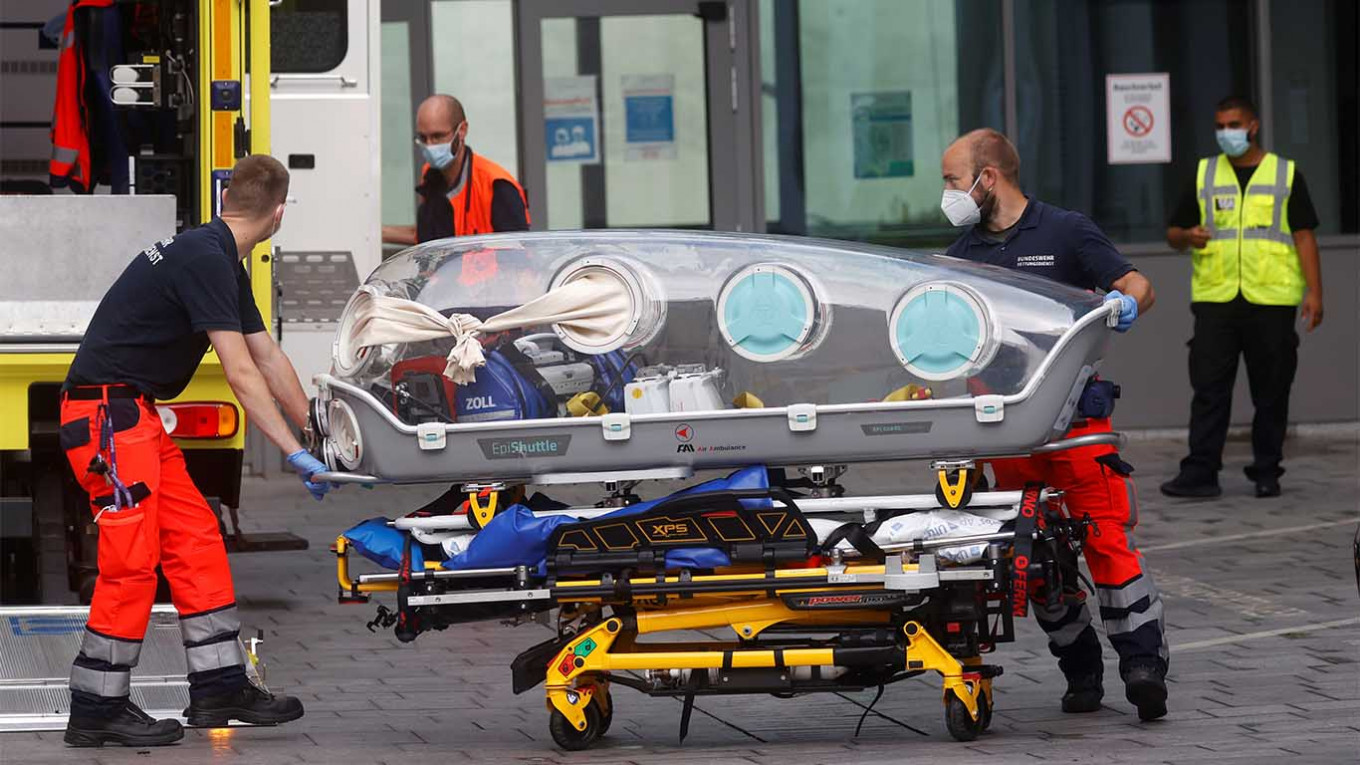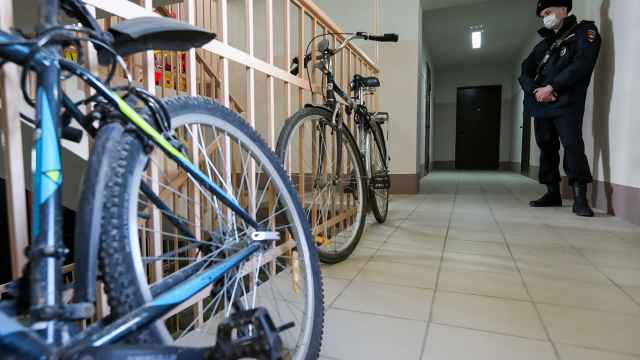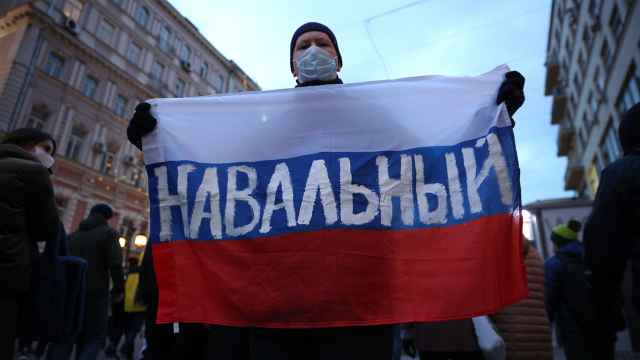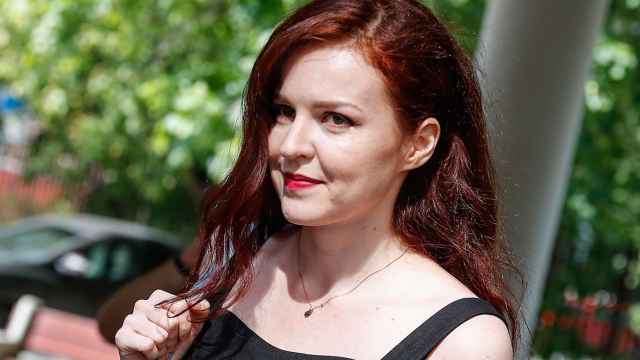Russian opposition leader Alexei Navalny was poisoned with a substance from the deadly Novichok family, the German government said Wednesday, demanding explanations from Moscow.
“The Russian government is urged to explain the incident ... the substance in Navalny’s organism is undoubtedly from the Novichok family," said government spokesman Steffen Seibert in a statement.
Prominent Kremlin critic Alexei Navalny remains in a medically induced coma and on a ventilator more than a week after falling violently ill on a flight from Siberia to Moscow. Navalny, 44, has been receiving treatment in Germany after spending two days in a Siberian hospital where Russian doctors ruled out that the de facto leader of Russia’s opposition was poisoned.
German Chancellor Angela Merkel on Wednesday demanded answers from Russia over the case.
"This has given rise to some very serious questions that only Russia can and must answer," Merkel said, adding that "the intent was to silence him."
The Kremlin said Wednesday evening that Russia was ready to cooperate fully with Germany.
Kremlin spokesman Dmitry Peskov told journalists: "In general we confirm that we are ready and have an interest in full cooperation and exchange of data on this topic with Germany," he was quoted as saying by the RIA Novosti state news agency.
Peskov complained that Russia had not received an answer to its request for German doctors to share their findings.
He insisted that before Navalny was evacuated to Berlin on August 22, Russia had not found traces of poisoning, reflecting earlier statements by doctors.
"Before the sick man was taken to Berlin, a whole set of tests were carried out in our country in accordance with all international standards, no poisonous substances were detected," he said, not using Navalny's name as is Kremlin practice.
A Russian foreign ministry spokesperson slammed Germany for not providing Russia with evidence for its statements in comments to AFP.
"We are urging our partners to offer full cooperation and exchange of information," the spokesperson said, criticising "loud public announcements without any presenting any facts at all".
The spokesperson suggested that Germany's aim was to "justify some retaliatory measures that have already been prepared".
Russia is still awaiting an answer from Germany to an official request sent by the Prosecutor-General's Office asking German doctors to share medical data on Navalny with Russian counterparts, the ministry spokesperson said.
EU chief Ursula von der Leyen denounced what she called the "despicable and cowardly" act and said those responsible should be brought to justice.
The White House said it is "deeply troubled" by Navalny's poisoning.
"Alexei Navalny's poisoning is completely reprehensible," National Security Council spokesman John Ullyot said on Twitter.
British Prime Minister Boris Johnson said it was "outrageous" that Navalny had been poisoned with a nerve agent and urged Moscow to "explain" what had happened.
"We have seen first-hand the deadly consequences of Novichok in the UK," Johnson said on Twitter.
The case has drawn parallels with two suspected Kremlin-linked poisonings in Britain.
In 2006, President Vladimir Putin was blamed for the radiation poisoning death of former KGB agent Alexander Litvinenko in the British capital.
In 2018, the Kremlin was also accused of being behind the attempted murder of ex-double agent Sergei Skripal in Salisbury, southwest England, using a Novichok nerve agent.
Reacting to the news, Navalny aide Leonid Volkov linked the poisoning to Russian President Vladimir Putin
“In 2020, poisoning Navalny with Novichok is like leaving (Putin’s) autograph at the crime scene,” Volkov wrote on Twitter.
Berlin’s Charité hospital where Navalny is being treated issued a statement on Thursday evening, stating that he remains on a ventilator in serious condition.
The clinic said that while poisoning symptoms are gradually fading, doctors expected a long recovery period and “possible long-term consequences of the poisoning.”
AFP contributed reporting.
A Message from The Moscow Times:
Dear readers,
We are facing unprecedented challenges. Russia's Prosecutor General's Office has designated The Moscow Times as an "undesirable" organization, criminalizing our work and putting our staff at risk of prosecution. This follows our earlier unjust labeling as a "foreign agent."
These actions are direct attempts to silence independent journalism in Russia. The authorities claim our work "discredits the decisions of the Russian leadership." We see things differently: we strive to provide accurate, unbiased reporting on Russia.
We, the journalists of The Moscow Times, refuse to be silenced. But to continue our work, we need your help.
Your support, no matter how small, makes a world of difference. If you can, please support us monthly starting from just $2. It's quick to set up, and every contribution makes a significant impact.
By supporting The Moscow Times, you're defending open, independent journalism in the face of repression. Thank you for standing with us.
Remind me later.






